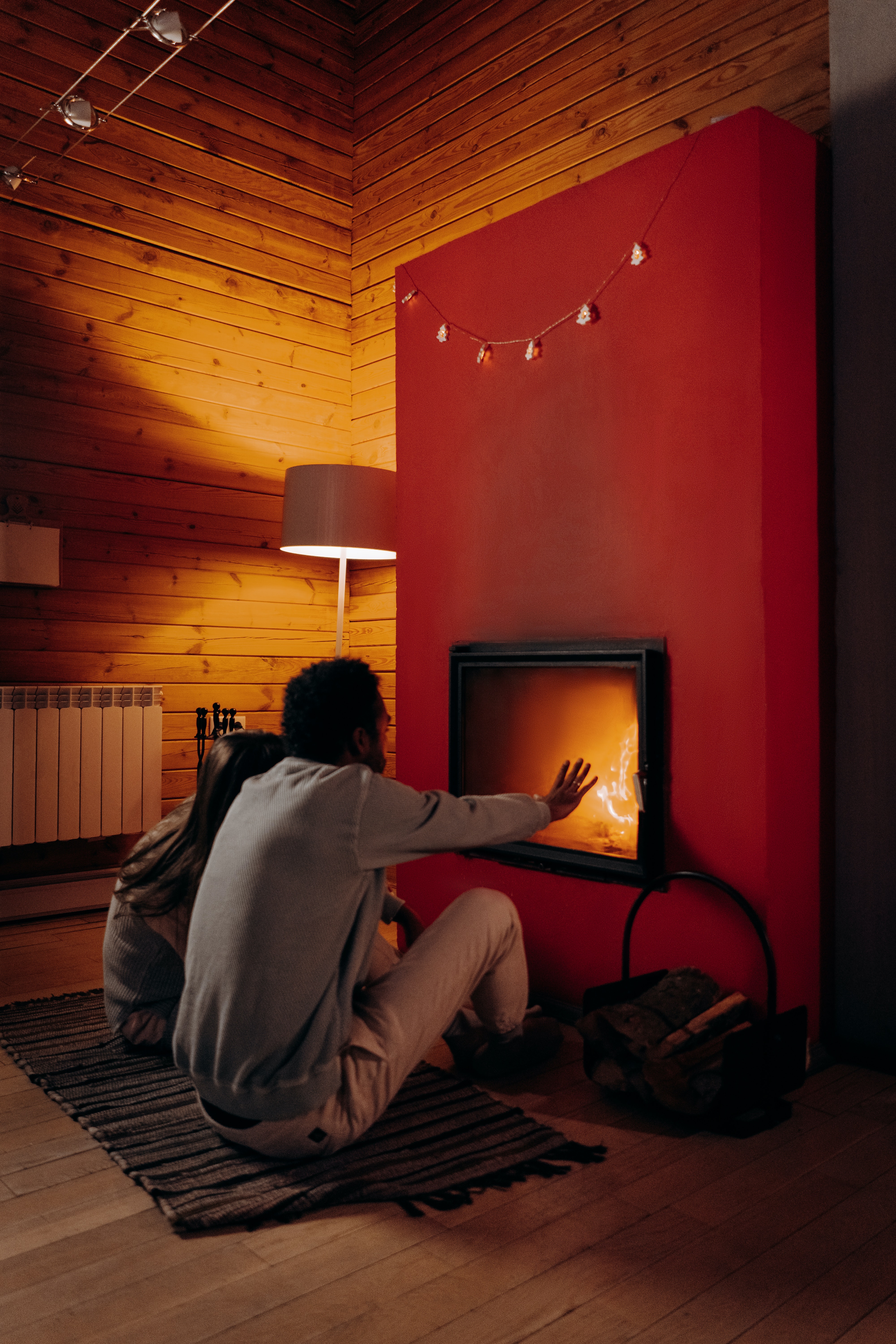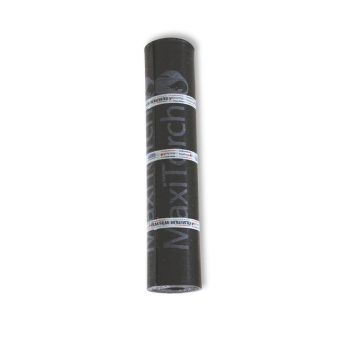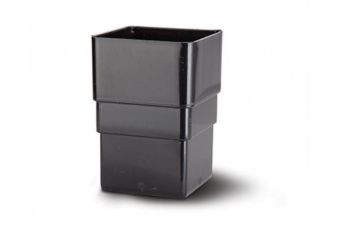How to Get your Home Prepared for Winter

As the leaves on the trees turn to orange and the nights draw in, it is time to start preparing for winter. For many, this winter will be more expensive than most with the cost of heating and electricity increasing at an unprecedented rate, so finding practical ways of keeping cosy without breaking the bank will be at the forefront of many peoples' minds. Here at George Hill Timber we want to do everything we can to reduce the stress about bills this winter
Cleaning
If you are planning to be at home more than usual over the winter, it will pay to give your home a good deep clean. This will not only make it a more pleasant environment to spend time in, but will also help you to identify any little jobs that need to be carried out, for example repairing small leaks in the U bends underneath your sinks. These can usually be hidden at the back of a cupboard by cleaning utensils which, if left, could waste water and money but also create a larger issue.
Cleaning behind radiators can help them to function more efficiently, whilst cleaning windows will allow you to check that vents are working properly to prevent damp from building up in your home. This will also give you the opportunity to identify any drafts that may indicate a need for new seals or a draft excluder.
Giving your property a deep clean prior to winter will help eliminate many common allergens and pre-empt any damp issues that you may otherwise experience.
Maintenance
If you have a fire that you plan to use this winter, make sure that you have your chimney swept before lighting it and ensure that you have a working carbon monoxide detector correctly situated and working. This is essential for safety reasons and will also help your fire to draw more efficiently, providing better heat as well as peace of mind.
During your "preparing for winter" deep clean, you may identify minor maintenance issues and this is a great opportunity to undertake any necessary DIY such as re-sealing doors and windows, filling and painting any cracks and making sure that pipes are free from leaks or damage.
Outdoors
An essential part of your winter home prep is to tidy outside of your property. Make sure that paths and driveways are clear of clutter as you don't want to injure yourself falling on a dark evening. Clean out your property's gutters and test your downpipes with the garden hose to ensure that they are free-flowing. Replace any broken or brittle components and if you detect a blockage that you are unable to clear yourself, it is wise to call in an expert to ensure that you don't unintentionally damage your property.
Make sure that your gutters are free from debris such as mud and leaves so that your outdoor space will drain freely in the event of heavy rain or snow. If you have a wooden fence, shed or gate, this is a good time to give it a protective coat of paint to preserve it during bad weather. Check the roofing material of your shed and if required, replace the felt to ensure that the tools and equipment stored within aren't damaged by avoidable water ingress.
If you have outdoor taps that you won't use over winter, turn the water supply off. If you will be using your taps in winter, prepare them by lagging them well to protect against freezing conditions and subsequent damage.
If you are likely to experience ice or snow this winter, it isn't a bad idea to know where your nearest grit bin is. Keep a suitable shovel close to hand so that you will be able to easily access salt at any point that you need it, or use it to clear snow from your paths. For security reasons, don't leave your shovel or other tools outside your home in clear sight as burglars could use them to break a window to gain access.
Lighting
Check that all of your lights are working - both indoors and out. If you are likely to be leaving home or coming home in the dark, having working outdoor lights will be a blessing. Not only will this help you to walk safely from your car to the door and back, but also for security reasons. You could consider installing a motion sensitive light which is both energy efficient and easy to install.
If you need to replace any bulbs indoors, look for energy-efficient ones which will help you to save money on those rising electricity bills.
Finally, ensure that you have a stock of torches and batteries or candles in an easily accessible place so that you will have light in the event of a power cut.










